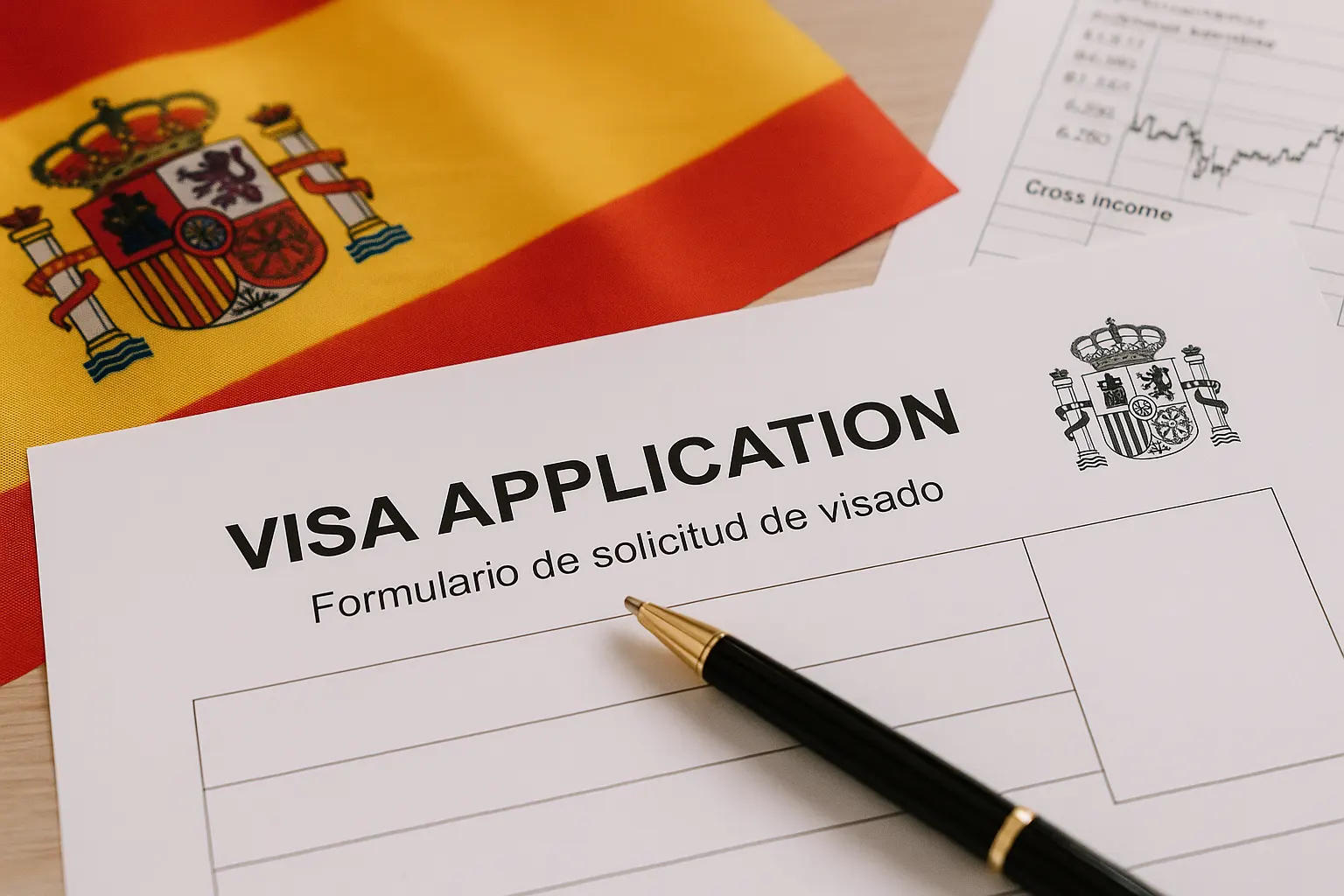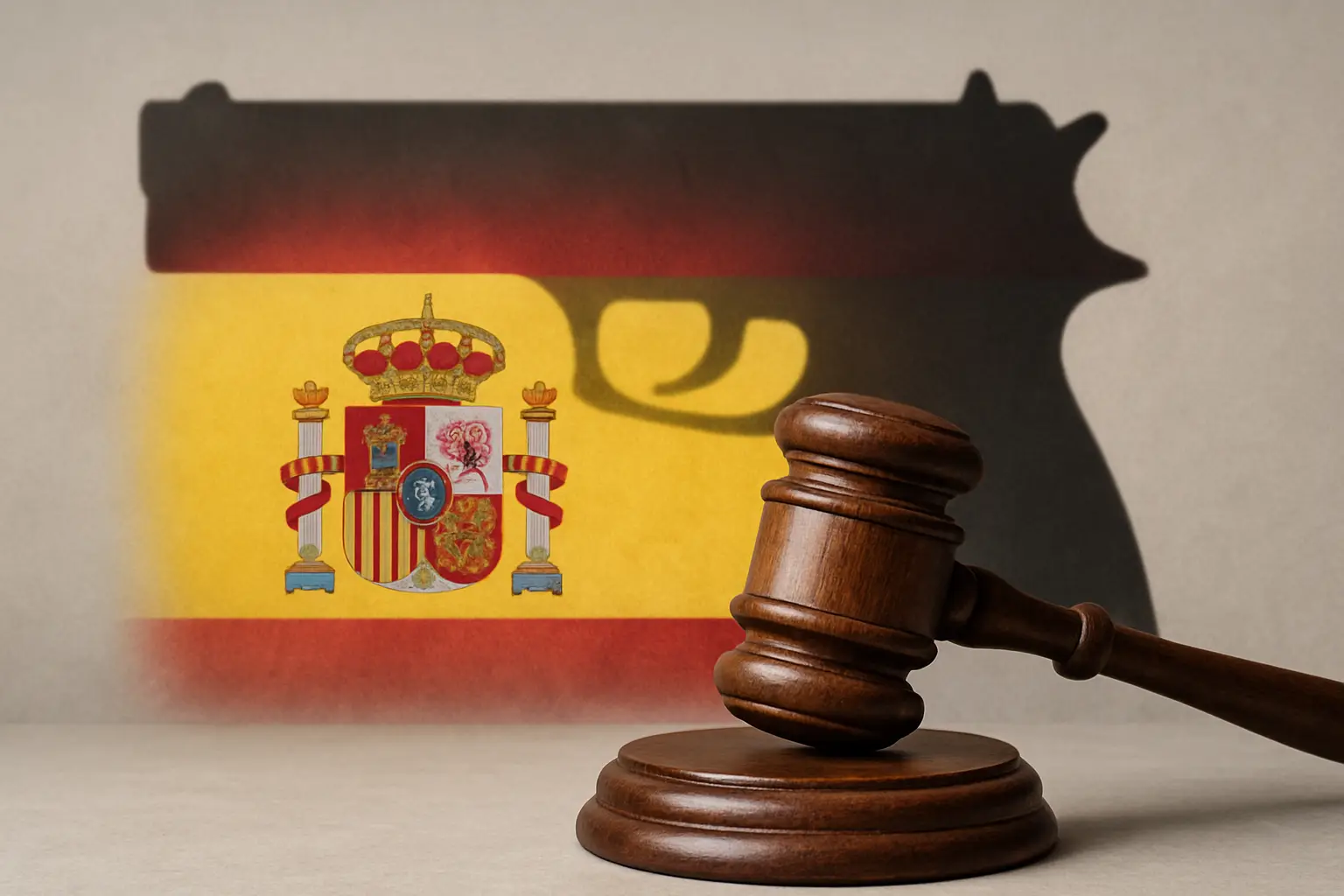Expats planning to establish a business or work independently in Spain face a critical decision: choosing the most suitable legal and tax structure. The choice between Autónomo and Sociedad Limitada (SL) significantly impacts taxation, liability exposure, administrative costs, and alignment with long-term business objectives.
This article aims to provide a clear, detailed comparison of these two prevalent models—autonomo vs sl Spain—to assist expats in making an informed decision tailored to their specific circumstances. Key considerations include:
- Tax obligations and rates applicable under each model
- The extent of personal liability protection offered
- Initial and ongoing administrative expenses
- Suitability relative to individual business goals and expected income levels
Understanding these factors is essential for compliance with Spanish regulations while optimizing financial outcomes. The following sections break down the registration processes, tax regimes, liability implications, and accounting requirements of both Autónomo and SL structures.
Readers will gain practical insights into navigating Spain’s legal framework for entrepreneurs and freelancers, empowering them to select the tax and business model that best fits their professional aspirations.
Understanding Autónomo in Spain
1. Define Autónomo
In Spain, an autónomo refers to a self-employed individual or freelancer who operates independently. This classification is one of the various business types in Spain, alongside SL and SA.
2. Registration Process
To become an autónomo, one must register with the Spanish Tax Agency (Hacienda) and the Social Security system.
3. Tax Obligations
Autónomos are responsible for various tax obligations including IRPF (personal income tax), quarterly payments through Modelo 130, and VAT returns using Modelo 303. These tax obligations also apply to digital nomads in Spain who are engaging in economic activities. It’s crucial for such individuals to understand the different tax ID numbers in Spain like NIE, CIF, and VAT.
4. Simplicity and Lower Costs
Being an autónomo offers simplicity in terms of administrative tasks and generally incurs lower costs compared to running a full-fledged company.
Exploring Sociedad Limitada (SL) in Spain
Sociedad Limitada (SL) in Spain is a popular choice for those seeking a more formal business structure with limited liability protection. Here’s an exploration of the key aspects of SL:
1. Definition
A Sociedad Limitada (SL) is a private limited company that provides limited liability protection to its shareholders. This means that the personal assets of shareholders are generally not at risk for the company’s debts and obligations.
2. Incorporation Process
To establish an SL, one must follow a formal process that includes drafting articles of association, registering the company at the Mercantile Registry, and obtaining a tax identification number (CIF).
3. Minimum Capital Requirements
Historically, SLs required a minimum share capital of €3,000. However, recent reforms have significantly reduced this requirement to as low as €1, making it more accessible for entrepreneurs to start their businesses.
4. Corporate Tax Rate
SLs are subject to a flat corporate tax rate of 25% on their profits. This can be advantageous for companies with higher earnings as it offers a predictable tax burden compared to the progressive income tax rates faced by autónomos.
By opting for an SL structure, business owners can benefit from limited liability protection, reduced minimum capital requirements, and a clear corporate tax rate. These factors make the SL model attractive for those looking to establish a more formal and structured business entity in Spain.
Key Differences Between Autónomo and SL in Spain
1. Tax Model Comparison
Autónomos face personal unlimited liability, exposing their assets to business risks. In contrast, an SL provides limited liability protection for shareholders, safeguarding personal assets.
2. Tax Regime Variance
Autónomos are subject to progressive IRPF rates, which increase with income levels. On the other hand, SLs are taxed at a flat corporate rate of 25%, offering stability and predictability in tax planning.
By understanding the distinct tax models and liability implications of autónomo and SL structures in Spain, expats can make informed decisions aligning with their business goals and risk tolerance.
Factors Expats Should Consider When Choosing Between Autónomo and SL in Spain
Selecting the appropriate business structure is a critical decision for expats Spain, influenced primarily by two key factors: expected income levels and personal risk tolerance.
Expected Income Levels and Tax Efficiency
- Autónomo (Self-Employed) Taxation: Taxed under the personal income tax system (IRPF), which applies progressive rates ranging from 19% to 47%, depending on income brackets. Lower earnings benefit from reduced marginal rates, making this option attractive for small-scale or part-time activities.
- SL (Sociedad Limitada) Corporate Taxation: Subject to a flat corporate tax rate of 25%. For higher profit margins, this can be more tax-efficient as profits retained within the company are taxed at this fixed rate rather than escalating IRPF brackets. Additionally, dividends distributed to shareholders may incur further taxation, influencing net returns.
Deciding between autónomo and SL often hinges on anticipated annual revenue. Business owners projecting modest earnings might find autónomo status simpler and more cost-effective. Conversely, those expecting substantial profits may benefit from the structured taxation of an SL.
Personal Risk Tolerance Regarding Liability Exposure
- Unlimited Liability as Autónomo: Personal assets are vulnerable in case of business debts or legal claims because the autónomo bears full legal responsibility.
- Limited Liability in SL: Shareholders’ personal assets are protected beyond their capital contributions, providing a safeguard against business risks.
Expats must evaluate how comfortable they are with potential personal financial exposure. For risk-averse entrepreneurs or those engaging in activities with higher liability potential, forming an SL offers a protective shield. Those willing to accept greater risk for simplicity may prefer autonomous status.
Understanding these factors equips expats Spain with practical insights to align their business choice with financial goals and risk appetite.
Step-by-Step Process to Register as Autónomo or Constitute an SL Company in Spain
Registration Process for Autónomo
- Obtain a NIE (Número de Identificación de Extranjero)
- Required for all foreign nationals conducting business in Spain.
- Register with the Spanish Tax Agency (Hacienda)
- Submit the Modelo 036 or Modelo 037 form to declare the start of economic activity.
- Specify the type of professional activity and tax obligations, such as VAT and IRPF.
- Enroll with Social Security System
- Register as a self-employed worker (autónomo) at the Social Security office within 30 days after Hacienda registration.
- Begin paying monthly social security contributions based on chosen coverage level.
- Quarterly Tax Declarations
- File quarterly income tax prepayments using Modelo 130.
- Submit VAT returns quarterly through Modelo 303, if applicable.
For a comprehensive guide on how to become an autónomo in Spain, including details on registration, taxes, NIE, social security, and licenses, refer to this resource.
Procedure to Form a Sociedad Limitada (SL)
- Obtain a Certificate of Name Availability
- Request from the Central Mercantile Registry to ensure your company name is unique.
- Draft Company Bylaws and Incorporation Deed
- Prepare legal documents outlining company structure, shareholder rights, and management.
- Deposit Minimum Capital in Bank Account
- Deposit at least €1 (following recent reforms) into a corporate bank account designated for capital.
- Obtain a certificate confirming deposit.
- Sign Public Deed of Incorporation Before a Notary
- Formalize company creation by signing official documents publicly.
- Register Company at the Mercantile Registry
- Submit incorporation deed and related documents to obtain legal recognition and tax ID number (CIF).
- Register for Tax and Social Security Obligations
- Register SL with Hacienda for corporate tax obligations, VAT, and employee registrations if applicable.
- Enroll company and employees with Social Security system.
This structured approach to the registration process in Spain ensures compliance with legal requirements while clarifying responsibilities for each business form.
Taxation Specifics for Autónomo vs Sociedad Limitada in Spain
The choice between autónomo and Sociedad Limitada (SL) significantly impacts tax obligations, particularly concerning income tax and social security contributions.
IRPF for Autónomos
Autónomos pay IRPF (Impuesto sobre la Renta de las Personas Físicas), a progressive personal income tax with rates increasing as income rises. The key brackets for IRPF in Spain usually range approximately from:
- 19% on income up to €12,450
- 24% between €12,450 and €20,200
- 30% between €20,200 and €35,200
- 37% between €35,200 and €60,000
- 45% on income exceeding €60,000
These rates are subject to regional variations. Autónomos must submit quarterly advance payments (Modelo 130) based on estimated earnings and file annual tax returns.
Corporate Tax and Salary Payments in SL
An SL pays a flat corporate tax rate of 25% on its profits. Shareholders or employees receiving salaries from the company are subject to personal income tax on these earnings but benefit from a clear separation of corporate profit taxation from individual taxation.
Salary payments by an SL trigger social security contributions similar to those of employed workers. The company contributes employer-side social security fees, while the employee pays their share through payroll deductions. This system often results in higher social security costs compared to autónomos but offers access to comprehensive employee benefits.
Which model is more tax-efficient depends on factors like total income level and reinvestment plans. Autónomos face escalating IRPF rates with increased earnings, while SL owners can potentially optimize taxation by balancing salary and dividends within legal frameworks.
Understanding these distinctions is essential for expats deciding between autónomo vs sl spain to align their business structure with financial objectives and compliance requirements.
Liability Implications: Protecting Personal Assets When Doing Business in Spain
Understanding liability Spain is crucial before initiating any business activities. The choice between Autónomo and Sociedad Limitada (SL) directly affects exposure to legal and financial risks.
Legal Risks for Autónomos
- Unlimited personal liability: Autónomos bear full responsibility for business debts and obligations, placing personal assets such as savings or property at risk.
- Legal claims can extend beyond the business, potentially affecting the entrepreneur’s personal financial stability.
Liability Protection in SL
- Limited liability: Shareholders’ personal assets are protected; only the company’s capital is at risk.
- This separation between personal and business liability creates a safer environment for investment and risk-taking.
Complementary Risk Management Through Insurance
Regardless of the chosen structure, insurance policies add a layer of protection against unforeseen liabilities:
- Professional indemnity insurance covers damages caused by professional errors or negligence.
- Public liability insurance safeguards against claims from third parties due to accidents or property damage.
- Employer’s liability insurance becomes relevant if the business hires staff, covering workplace injuries or related claims.
Assessing the legal risks tied to each model helps mitigate potential financial loss. Insurance options tailored to specific business activities enhance this protection and are advisable alongside legal structures.
Financial Management & Accounting Requirements Comparison Between Autónomo and SL Companies in Spain
When comparing the financial management and accounting requirements between Autónomo and Sociedad Limitada (SL) companies in Spain, it is essential to understand the notable differences in how each business structure handles their accounting obligations:
Autónomo:
- Simplified Accounting Rules:
- Autónomos generally have less stringent accounting requirements compared to SLs.
- They often follow a simplified system that focuses on income and expenses without the need for formal bookkeeping or adherence to the Spanish General Accounting Plan.
Sociedad Limitada (SL):
- Detailed Record Keeping:
- SLs are required to maintain more complex accounting records in line with the Spanish General Accounting Plan.
- This involves meticulous documentation of financial transactions, balance sheets, profit and loss statements, and compliance with specific reporting standards.
By understanding these distinctions in accounting practices, individuals can make an informed decision based on their preference for managing financial records and the level of detail they are comfortable with maintaining.
Conclusion
Choosing the right tax model in Spain—Autónomo vs SL—requires careful consideration of multiple factors. The decision making Spain business environment demands evaluating the trade-off between administrative simplicity and legal protection.
Key points to remember:
- Autónomo status offers straightforward setup and lower ongoing costs but involves personal unlimited liability.
- Sociedad Limitada (SL) provides limited liability protection and a flat corporate tax rate, with more complex compliance requirements.
- Income expectations and personal risk tolerance heavily influence which structure suits your needs best.
Seeking expert advice is crucial. Professionals familiar with Spanish taxation and immigration laws, such as the team at NIM Immigration Lawyers, provide digital services designed to simplify processes while ensuring full compliance.
Balancing simplicity against protection sets the foundation for sustainable success when launching a business or working independently in Spain.














